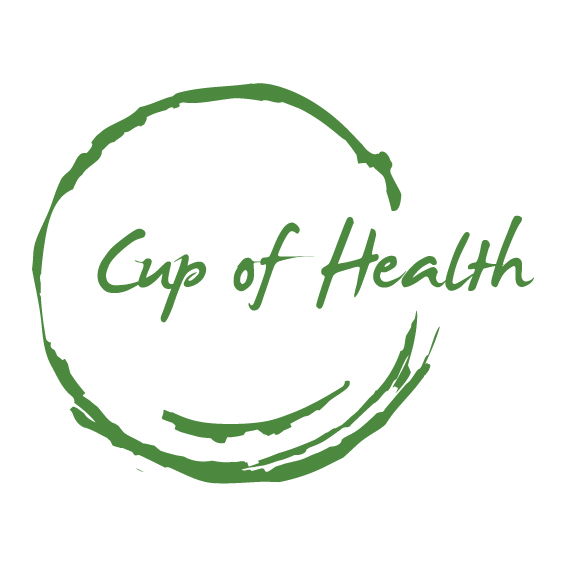Breast Cancer Awareness: Recognizing the Signs and Symptoms
Breast cancer is a topic that affects millions of people worldwide, both directly and indirectly. It’s crucial to understand what breast cancer is and how to recognize its signs for early detection. As a health coach, I’m dedicated to raising awareness and helping you become informed about this prevalent disease.
What is Breast Cancer?
Breast cancer is a type of cancer that originates in the cells of the breast. It can occur in both men and women, although it is far more common in women. Breast cancer can manifest in various forms, with the most common being invasive ductal carcinoma, which starts in the milk ducts and can spread to surrounding tissues.
Know the Signs:
Early detection of breast cancer significantly improves the chances of successful treatment. Here are some crucial signs and symptoms to be aware of:
1. Breast Lumps: The most common sign of breast cancer is a lump or thickening in the breast or underarm area. While not all lumps are cancerous, any new or unusual changes should be evaluated by a healthcare professional.
2. Changes in Breast Size or Shape: Be attentive to changes in the size, shape, or appearance of your breasts, especially if it’s only on one side.
3. Nipple Changes: Look for changes in the nipples, such as inversion, discharge (other than breast milk), or pain.
4. Skin Changes: Pay attention to redness, dimpling, puckering, or scaling of the breast skin. Changes in texture or appearance, like an orange peel, can be a warning sign.
5. Breast Pain: While breast pain is common and often non-cancerous, any persistent, unexplained pain or discomfort should be assessed.
6. Swelling: If you notice swelling, warmth, or inflammation in the breast, consult a healthcare provider.
7. Changes in the Lymph Nodes: Swollen lymph nodes in the underarm or collarbone area can indicate the spread of breast cancer.
8. Unexplained Weight Loss: Rapid and unexplained weight loss can be a symptom of advanced breast cancer.
9. Fatigue: Persistent fatigue or weakness that doesn’t improve with rest should be discussed with a healthcare professional.
10. Breast Changes in Men: While rare, breast cancer can affect men as well. Men should also be vigilant about any unusual breast changes.
Prevention and Early Detection:
Early detection is crucial for successful breast cancer treatment. Regular breast self-exams, clinical breast exams by a healthcare provider, and mammograms for women aged 40 and older (or earlier if you have risk factors) are vital for early detection.
As a health coach, I encourage you to prioritize your health by being proactive. Understand what is breast cancer and stay vigilant about any changes in your breast health. Regular check-ups and self-exams can make a world of difference in the fight against breast cancer. Remember, knowledge and awareness are powerful tools in the pursuit of a healthier, cancer-free future.

